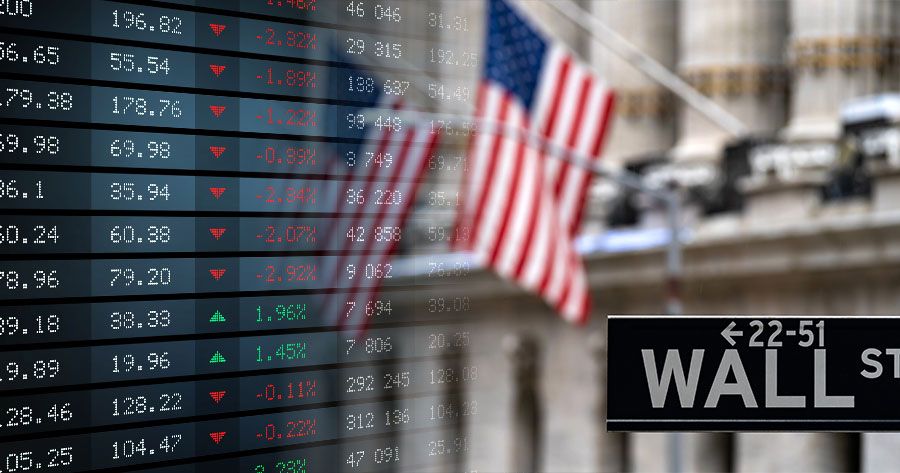Investors are scrambling for safety as risks mount, from the war in Ukraine to rising interest rates and a global recession. They have found it in the U.S. stock market — particularly the biggest American companies.
The S&P 500 Index is up more than 8% over the past two weeks, recouping all of its losses since the Russian invasion on Feb. 24. Meanwhile, the tech-heavy Nasdaq 100 has gained almost 11% over the same span. With earnings looking strong and corporate outlooks improving, there are reasons to think these gains can hold despite the myriad risks facing global equities.
“It bothers people because they feel like the market is heartless,” Nancy Tengler, chief executive and chief investment officer at Laffer Tengler Investments, said in a phone interview, as reported by Bloomberg. “And that’s correct.”
Commodity saw spike in prices stroking inflation further which was already at four-decades high. Meanwhile, sanctions on Moscow threatens to weigh global economic growth.
Separately, recession risks are also pilling up, as parts of treasury yield curve inverting.
The most puzzling fact is that the world’s biggest stock markets haven’t collapsed yet. The STOXX Europe 600 Index is basically flat since Russia invaded Ukraine. The MSCI AC Asia Pacific Index is down a little more than 3% in that span and the Nasdaq Golden Dragon China Index has lost around 7.5%, largely because of growth fears and the risk of Chinese firms being kicked off U.S. exchanges.
Compared to bond, U.S. stocks appear to be the best option for global investors. The return on global government debt weighed by world GDP is on its course for its worse since 1949, according to the Bank of America.
“The view is we should just rotate to sectors which are more favorable to the situation, because there’s really not much of an alternative to equities,” said Ilya Feygin, managing director and senior strategist at WallachBeth Capital, as reported by Bloomberg.
Large-cap stocks offers more safety than small-caps and mid-caps given large-caps being matured and ability to generate strong cashflow, giving investors generous dividend stream. In addition, the U.S. equity market’s swoon to start the year may have largely priced in a spike in oil prices and softening of economic growth, meaning they aren’t as expensive anymore, according to Tengler – as reported by Bloomberg.
“U.S. large-cap stocks are havens because they’re reliable growers and don’t have a ton of debt,” Tengler said. “This is an opportunity to get higher-quality companies on sale.”
The expectation for first quarter S&P500 earnings-per-share growth is also improving, increasing for three straight week, according to Bloomberg Intelligence.
“Stocks appear to have largely priced in near-term geopolitical and interest-rate risks,” Gina Martin Adams, chief equity strategist at Bloomberg Intelligence, wrote in a note.
“Earnings forecasts are climbing again, as analysts get more comfortable with supply-chain risks and revenue estimates keep improving.”
Additionally, some of the biggest tech companies like Apple Inc, Microsoft Corp and Alphabet Inc., are trading at relatively lower price, allowing opportunity to buyer shares.
“Big Tech has shown resilience, especially the FAANG names,” Eric Beiley, executive managing director of wealth management at Steward Partners Global Advisory, said in an interview, as reported by Bloomberg.
“Investors saw some of those stocks down at least 20% as a buying opportunity. Cyber stocks have also been a bright spot, while semis are attractive since they’re the backbone of the digital world.”
The gap between yields on two-year and 10-year Treasuries has narrowed, while the spread between 10-year and three-month treasuries is actually steepening. Both measures have predicted recessions in the past, however reaction from investors remains mixed on these signals.
“History shows that markets initially see a significant drop on concerns about a war. Then often times a recovery happens once the act has occurred,” Beiley said.
“What could change my mind? Something worse happening. We don’t know how things will end between Russia and Ukraine. That’s a big concern. Does it escalate or get worse?”



